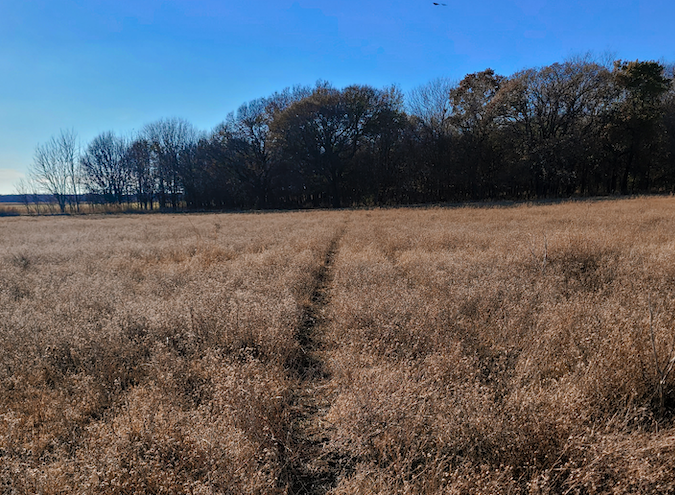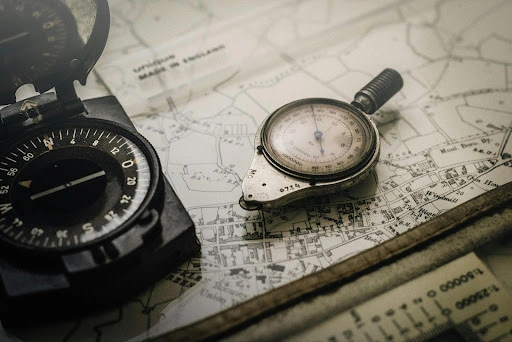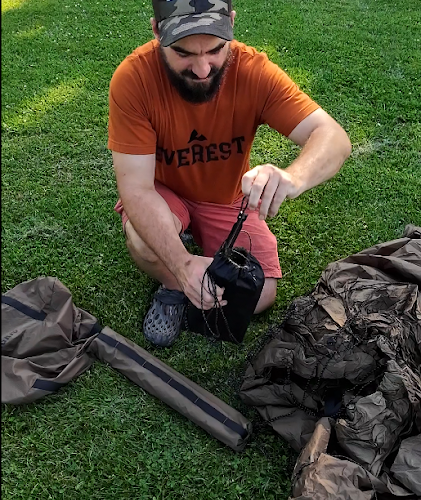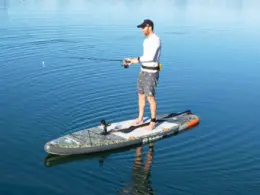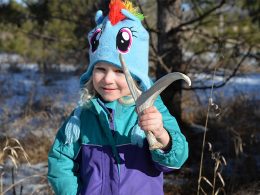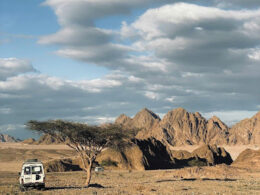Millions of hunters head into the woods every year to participate in the tradition of hunting. Preparing for hunting season can be overwhelming, especially if you are a beginner. With a bit of research and planning, you can be well on your way. If you are a seasoned hunter, this may be redundant, but useful information to give your memory a jog.
Table of Contents
Off to the Right Start
Understanding hunting regulations and laws is the first step. Make sure you have completed your hunter safety course. State agencies offer in-person safety courses free of charge. In addition, the NRA has streamlined this process by creating a self-paced online course. Be sure to confirm your state accepts this certification. Begin to research hunting locations and obtain the necessary tags and permits required by the state. Regulations and bag limits change; I recommend always checking before the season begins to make sure you are informed.
Hunting is just like most sports; you must “pay to play.” However, unlike most sports, the money paid into wildlife agencies for tags, licenses, and taxes from purchases of firearms and outdoor-related gear gets funneled back into the state’s conservation programs and needs.
For the Beginner
If you are new to hunting and want to get started but don’t know where to start. I recommend finding a mentor. Many state and conservation organizations have “learn to hunt” or apprenticeship programs. The NSSF’s Let’s Go Hunting program provides a place for mentors to join the +one movement, encouraging mentors to take a new hunter. In addition, they provide a place for beginners to find state apprenticeship programs. Mentorship not only provides an avenue to tap into a plethora of skills but also fosters that camaraderie we all enjoy. Hunting is more than a harvest, it is time spent together in the outdoors, its enjoying meals provided by wildgame and it is joining in to celebrate accomplishments. Additionally, it is accountability; hunting can be discouraging, and it is hard. It is nice to have someone to talk with who understands the struggles.
Studying the behavior of the target game
Hunters are conservationists and “biologists.” As a hunter, you get a firsthand look at your local wildlife habitats. Many hunters invest hours into improving habitats, creating quality food sources, and patterning game. It is not just a weekend hobby for most, but many months of hard work invested.
Whether on public or private land, the animals will be animals. Recognizing signs like tracks, rubs, and scrapes, as well as finding food resources and bedding areas, will help locate a place to hunt. It is your personal preference whether you choose to sit on the ground, place a ladder stand, or blind. Regardless of what you choose, remember it is your hunt, do it how you feel comfortable.
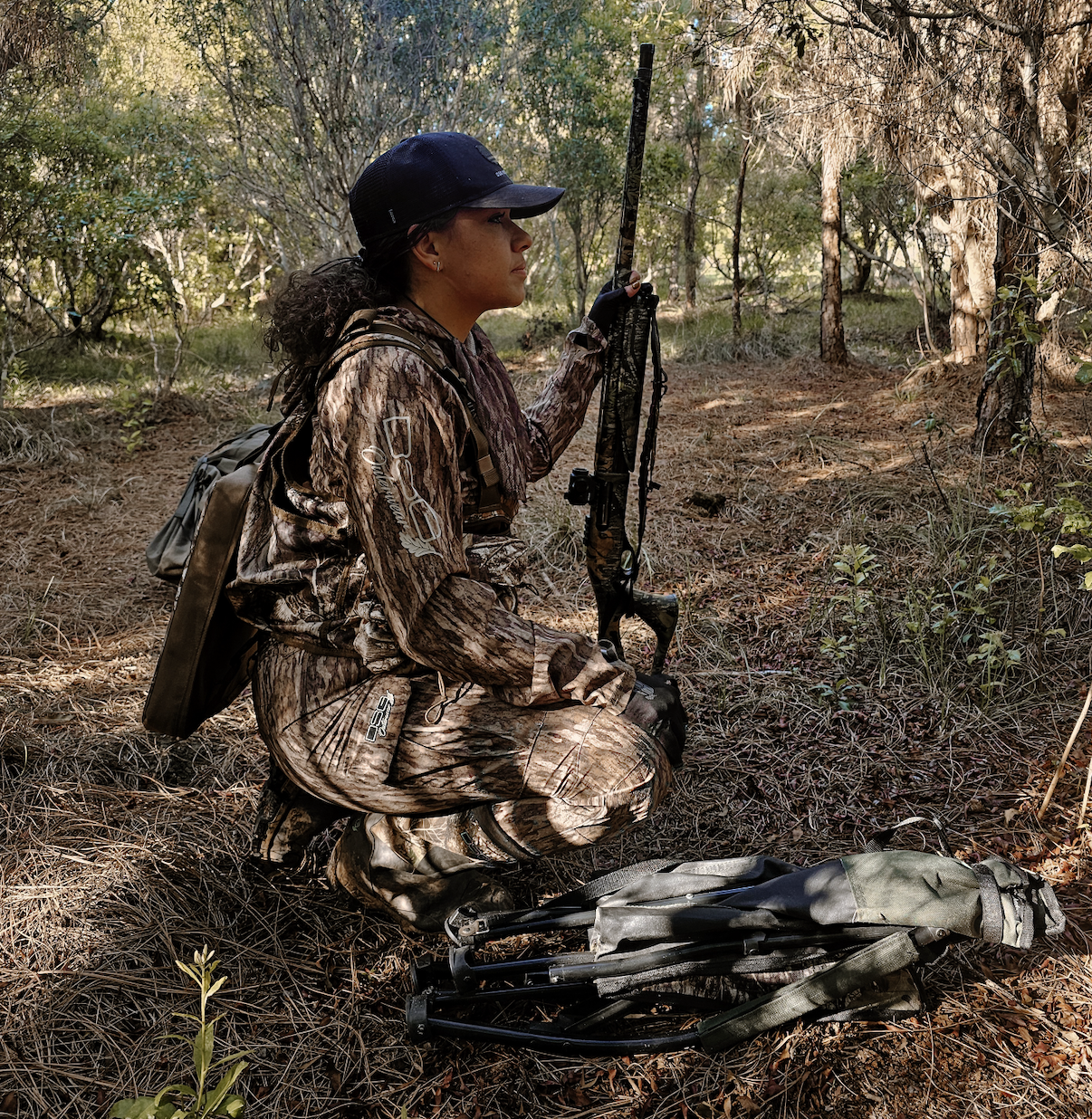
Pre-Hunt Check List
Preparing for a successful hunt requires attention to detail, starting with physical readiness and ensuring gear reliability. If you are hunting out west in terrain that will require you to perform physically to complete the hunt, preparing physically in advance will pay off.
Conducting a gear and equipment check is necessary. I don’t know about you, but for me, when the season is over, I most likely won’t pick up that gear again until the following season. It is important to comb through and inspect gear. Hunting clothing has come a long way since flannels and blue jeans. Selecting proper clothing and footwear that ensures suitability for weather conditions and comfort during extended periods in the field is paramount. Now, it is not required to spend hundreds of dollars on camo; the idea is to break up your silhouette. Use what is available to you and invest in camo that will fit your needs as you go.
Basic Gear List
Depending on the time in season, you will need to accommodate for the weather—factor in weather, season, and personal preference. Honestly, hunting doesn’t require a whole lot. Gear allows us to be more comfortable in the elements and accomplish tasks more efficiently. Each person has their own tolerance and preference. There is no need to break the bank to enjoy hunting.
- Warm socks and Boots
- Pants, Shirt, Hat
- Base layers, Jacket, and Bibs, weather permitting.
- Gloves, neck gaiter
- Blaze orange, 400 square inches (vest and hat), refer to state guidelines for updates to regulations.
- Firearm or Bow, ammunition
- Optics, range finder, and binoculars
- Tag, License, required permits, pen, and physical tag for harvest.
- Snacks, water
- Field dressing tools, knives, etc.
Hit the Range
You don’t want the first time you have fired your weapon to be the day of the hunt. If it is an “ol’ trusty” gun you have had for years, it is still a good rule of thumb to make sure the optic is zeroed. Zeroed is a term used to confirm your optic or scope is properly aligned with the barrel. As a result, when you line up the crosshairs on a target, the shot fired matches the placement.
First, inspect firearms for functionality and safety, guaranteeing proper maintenance and functionality. This is a good time to do a new cleaning and oiling; I use Otis Technology products. An ungreased weapon can cause jamming and unwanted friction. Additionally, a clean bore can help improve accuracy.
Practice how you intend to shoot while hunting. If you are going to use a shooting stick or be shooting from a blind or stand, it’s a good time to work out any hiccups prior to the actual hunt. Study shot placement; we should all strive to make ethical shots.
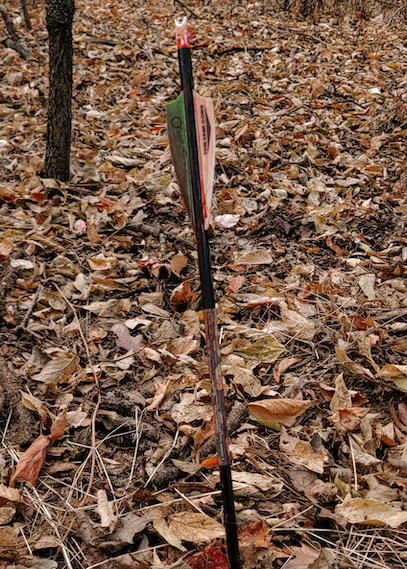
Knowledge of scouting and tracking
We prepare a lot for the actual event of shooting an animal. However, a lot goes into scouting to get the right area to hunt. The American landscape is so vast, and the terrains are so diverse. How one prepares in South Georgia is immensely different from someone in Northern Washington.
Contrary to popular hunting shows that depict a shot fired and skip to the harvest photo, the animal does not always drop where you hit it. They go a few feet to several hundred yards depending on several factors, such as the shot placement, distance, ballistics, or arrow grains. Acquiring knowledge on tracking animals post-hit is crucial to a successful recovery.
Final Thoughts
When you prepare ahead of time, it leads to a much more enjoyable hunt experience. There have been numerous books written about all aspects of hunting; in the end, most knowledge comes from time spent in the woods, learning from others and your own successes and mistakes. It seems like a lot of work just to harvest a deer, and it is. However, it is such a rewarding journey. Don’t let the prep work keep you from hunting.

